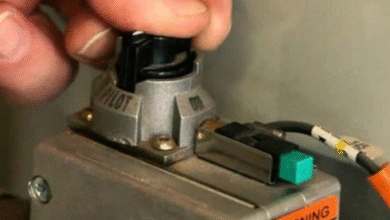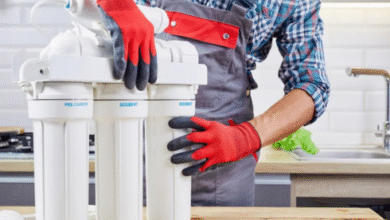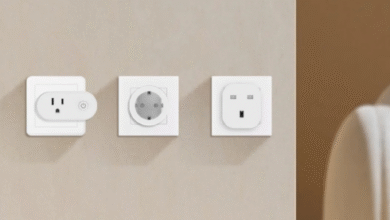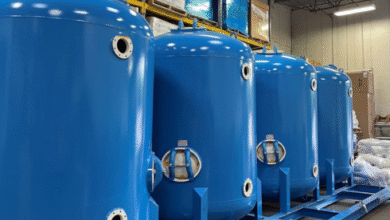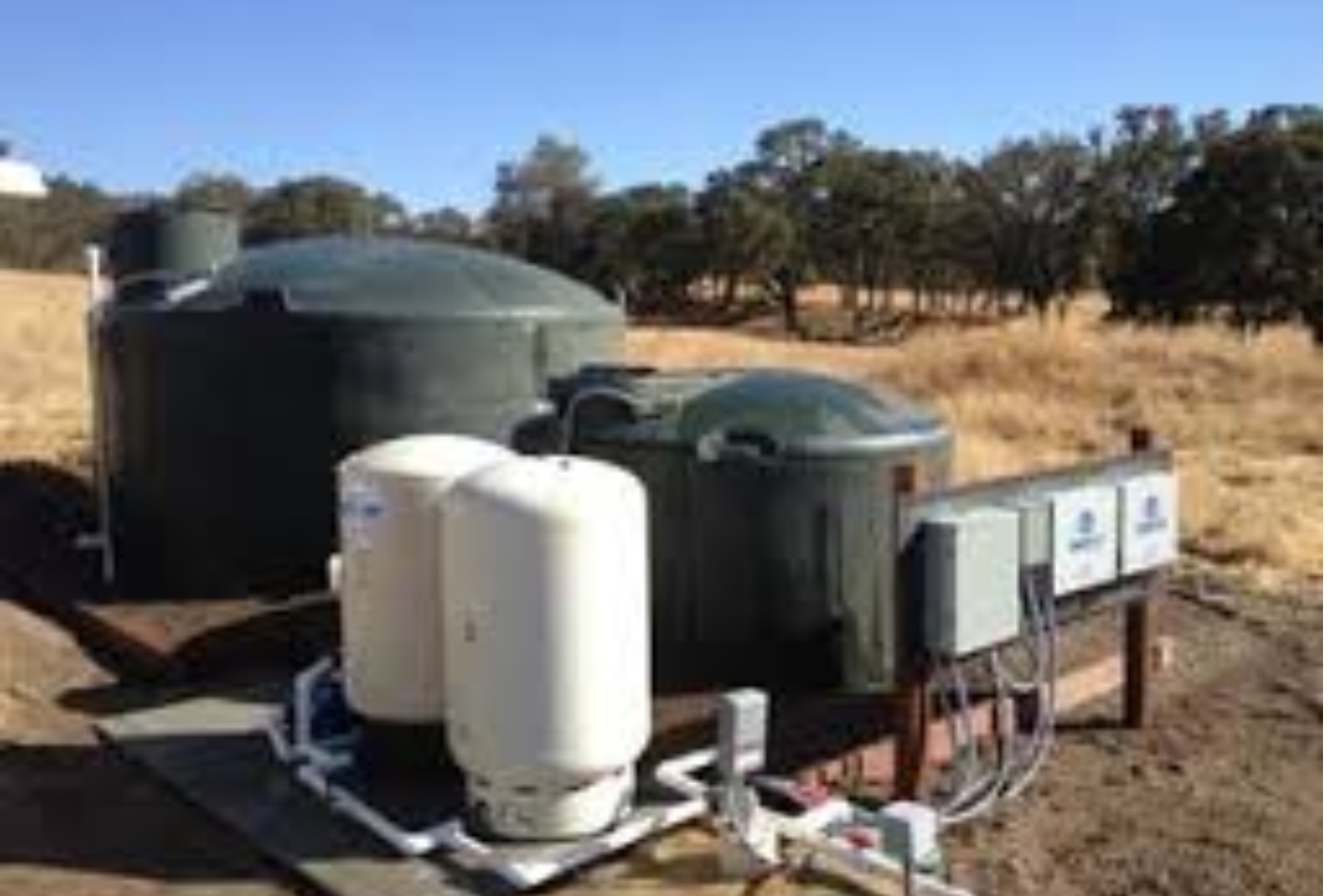
Better Water, Better Life: Why Utah Homeowners Are Upgrading Their Drinking Water Systems
You probably don’t think too much about your tap water—until it tastes a little off. Or smells like chlorine. Or leaves a white residue on your glass. Maybe it’s just you, or maybe it’s the water itself. In Utah, where water quality can vary wildly from city to city and even block to block, it’s not unusual for tap water to look clean but still carry a whole cocktail of unwanted extras: heavy minerals, chlorine, sediment, and more.
That’s where drinking water systems come into the picture. Not the kind you forget about under the sink for five years—modern systems are smart, efficient, and incredibly good at delivering the kind of water that doesn’t just taste better, but is better for your home and your health.
So, if you’ve been debating whether to stick with the basic faucet filter, keep buying bottled water, or go all in with a professionally installed system, keep reading. There’s a good chance the right water solution is closer than you think—especially if you live in Utah.
What’s Actually in Your Water?
Let’s start with the facts. Utah’s water is generally safe by EPA standards, but “safe” doesn’t always mean ideal. Depending on your location, your water might contain:
- High levels of calcium and magnesium (hard water)
- Chlorine or chloramines (used to disinfect municipal supplies)
- Sediment or rust from old pipes
- Naturally occurring arsenic, radon, or fluoride
- Total Dissolved Solids (TDS) that affect taste and odor
Hard water alone can cause a whole host of issues—from spotty dishes to itchy skin and dry hair. And while most people assume bottled water is the answer, it’s an expensive, wasteful, and surprisingly inconsistent solution.
The Shift Toward Smart Water Solutions
In the last decade, there’s been a quiet revolution in water filtration technology. Today’s drinking water systems are more advanced than ever, combining multiple filtration stages, reverse osmosis, remineralization, and even UV sterilization to remove everything from chlorine to heavy metals, viruses, and bacteria.
And here’s the kicker—they’re not just for luxury homes anymore.
Thanks to better design, smarter controls, and wider availability, systems that once cost thousands now fit into the average homeowner’s budget. And in places like Utah—where hard water is practically a state symbol—they’ve gone from “nice to have” to “why didn’t I do this sooner?”
A Look at the Modern Drinking Water System
So what do these systems actually look like?
- Reverse Osmosis (RO): This is the gold standard. It uses a semi-permeable membrane to remove up to 99% of contaminants. Most RO systems also include carbon filters, sediment filters, and post-filtration polishing. If you want truly clean drinking water, this is it.
- Whole-House Filtration: Installed at the point where water enters your home, these systems treat all your water—not just what comes out of the kitchen faucet. Great for people who want to eliminate chlorine in showers and protect appliances from hard water damage.
- Under-Sink Filters: Compact, affordable, and efficient. These don’t offer the same level of filtration as RO systems, but they’re a solid upgrade from basic pitcher or faucet-mounted filters.
Some high-end systems even allow you to monitor water usage and filter status via smartphone app. Others include alkaline filters to add healthy minerals back into the water after purification.
Why It Matters in Utah
Hard water is a well-known issue across the state—from Salt Lake City to St. George. Even if your water “looks fine,” it can be hiding dissolved minerals that slowly wear down your pipes, leave spots on your dishes, or ruin your morning coffee.
If you’re relying on city water, chlorine levels might be high. If you’re on a private well, you’ve got to think about bacteria, pesticides, and natural contaminants like arsenic.
That’s why having the right drinking water system Utah homeowners trust isn’t just about flavor—it’s about long-term protection. Healthier water means:
- Reduced wear on appliances like coffee makers and dishwashers
- Lower energy bills (softened water heats faster)
- Fewer plumbing repairs
- Better-tasting food and drinks
- Less plastic waste from bottled water
And, perhaps most importantly, peace of mind. You know exactly what you’re drinking. No guesswork. No hoping the filter in your fridge is still doing its job after a year and a half.
Making the Right Choice for Your Home
Not all systems are created equal. Before choosing one, it’s a smart idea to test your water. Some companies offer free in-home testing, which gives you a detailed breakdown of what’s in your water and what kind of system will work best for your needs.
A few things to think about:
- Budget: How much are you currently spending on bottled water or repairs due to hard water?
- Family Size: More people means more usage—and greater need for consistent, high-quality water.
- Plumbing and Space: Can you accommodate a whole-home system, or is an under-sink setup more practical?
- Filter Replacement: Make sure you’re up for occasional filter swaps. No system is truly “set it and forget it.”
Final Thoughts: Clean Water, Clear Thinking
Upgrading your water might not feel urgent—until you do it. Then suddenly, your ice cubes are clearer. Your tea tastes better. Your skin feels smoother. And that weird metallic aftertaste? Gone.
The good news is, clean, filtered water isn’t a luxury anymore—it’s an accessible, smart investment in your home, your health, and your daily routine.
Whether you’re dealing with stubborn hard water, concerned about what’s lurking in your pipes, or just tired of buying bottled water every week, it might be time to explore the modern world of drinking water systems. Because when you think about it, water touches nearly every part of your life.
